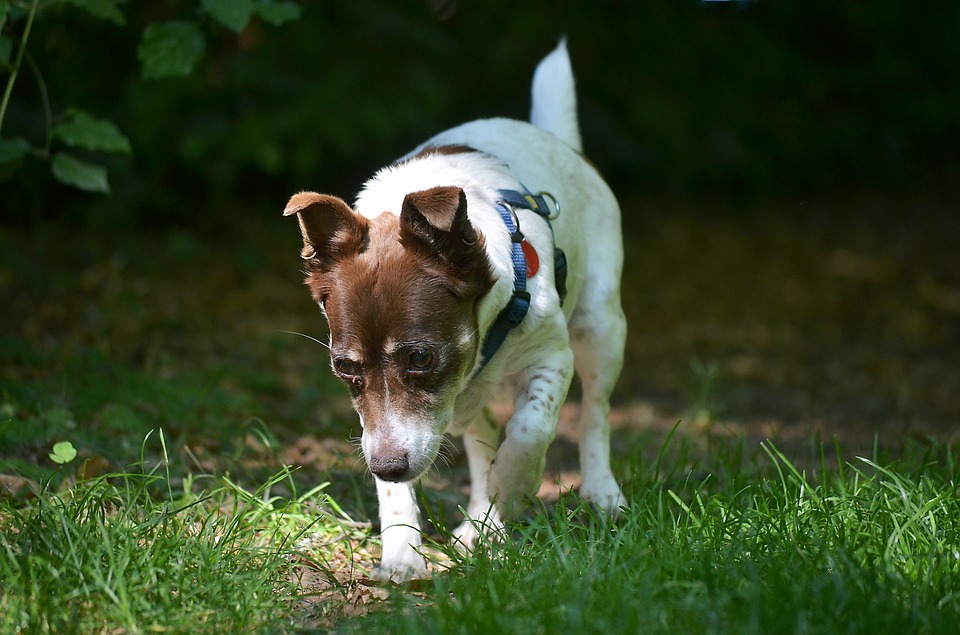
In this guide to the Small Dog Breeds, we’ll give you a peek into what it’s like to own a small breed dog. Before you go out and purchase or adopt a small breed dog, you need to understand their unique temperament, life span, and health. The more you know about small dog breeds, the easier it will be for you to plan to keep your pet healthy and happy.
- Small Dog Breeds Height: 8 inches to 34 inches shoulder height
- Small Dog Breeds Life Span: 13 to 16 years average
- Other Names: Ankle biters, Lapdogs, pint-size pooches, toy breeds, minis
- Small Dog Breeds Price: varies depending on breed
Small Dog Breeds Basics
When it comes to small dogs, there’s plenty of personality to go around. No matter what type of dog owner you are, there’s a small dog breed that will suit you. Choosing a small dog is a matter of deciding what type of personality, coat type, energy level, and temperament that fits you best. The saying “good things come in small packages” can be true for you family if you take your time and choose the right small dog breed for your needs.
Small dog breeds come in wide variety of shapes and sizes including teacup and miniature breeds. Coats can be short-haired or long-haired, rough or silky smooth and come in a wide variety of colors. Be sure to consider the amount of maintenance or grooming and exercise each breed needs as well as how well suited it is for your living environment and for young children if you have them running around.
Small Dog Breeds Temperament
When it comes to temperament in small dog breeds, they can run the gamut from snappy and stand-offish to calm and friendly. Small terriers and Dachshunds relish the opportunity to run on a daily basis whereas toy breeds need the quiet and calm environment of a house free from young children.
Skye terriers are very dependable and make a great family pet as long as you don’t have cats in the house. If you do own a cat, you may want to choose a beagle instead. Beagles are even tempered and good with children. A Pekingese is great as a watchdog and companion but not as suitable for families with young children or other pets.
One of the most popular small dog breeds is the Shih Tzu, or “mini lion” which is a terrific family pet but needs daily grooming. For a more active dog choose a Jack Russell Terrier and train it properly for a great companion. For a dog that needs minimal exercise and is a great family pet, consider a pug.
Small Dog Breeds Price

When choosing one of the small dog breeds you can almost always find one that is within your budget. The price will vary according to the type of small dog breed you choose. Purebred dogs and purebred puppies will cost more than if you choose to adopt a dog or purchase a cross-bred or “mutt” dog.
Small Dog Breeds Pros and Cons
Pros
- Most are well suited for small living spaces, like apartments
- Easier to manage due to small size (Smaller dogs are easier to cuddle)
- Tend to live longer than large dog breeds
Cons
- Can be territorial or aggressive to make up for size “little dog syndrome”
- May not be suitable for kids depending on breed
- Prone to behavior issues such as chewing, escaping, barking behaviors, etc.
- May be more prone to congenital defects due to being interbred
Small Dog Breeds Life Span
When it comes to the life span of a dog, there are specific criteria that can influence the overall life span of a breed as well as individual lifespan of your dog. Overall the research shows that small dog breeds tend to live an average of 13-16 years, a full six years or more longer than large breed dogs.
The breed of dog you select can impact lifespan as well. Chihuahuas have been known to live as long as 20 years with proper care. But how you care for your dog as well as their regular diet, whether they are spayed or neutered and any inbreeding or cross breeding can also impact lifespan.
Small Dog Breeds Health Issues and Genetic Problems
Dogs who are cross bred live longer than dogs which have been inbred. Small dog breeds are more likely to have a history of inbreeding which can mean a greater prevalence of certain illnesses. Believe it or not, “mutts” with at least two breeds combined experience less health problems and have a longer lifespan than purebred dogs.
Each of the small dog breeds has their own set of common health issues. It’s important to be aware of these in advance so that you can catch and treat any issues with your pet early on. Pugs tend to battle eye problems, beagles can suffer from epilepsy, Dachshunds are prone to back problems, and for the Shih Tzu wobbly kneecaps, is very common. Some small dog breeds such as the Yorkshire Terrier, are prone to Portosystemic shunt (PSS), a birth defect which can be corrected with surgery.
Small Dog Breeds Puppies

Once you’ve decided upon one of the small dog breeds that suits your family the best, it’s time to start searching for your perfect pet. Many families will decide that getting a puppy is more beneficial than getting an older dog. If you do decide to go with a small dog breed puppy, keep in mind that for the most part they will require a lot of care and training for the first year or two. If you aren’t prepared to do the training yourself, make sure that your budget can handle paying for training as needed.
Puppies across the board are very energetic and demanding. It’s always better to get small dog breed puppies from a reputable breeder rather than from a pet store or puppy mill. If you aren’t sure where to look, check with your veterinarian for their advice or speak to someone at a local rescue center.
Small Dog Breeds Rescue
If you can’t afford a pure bred, be sure to consider adopting a dog from the APL or animal rescue center. Many dogs who are adopted are grateful to have a new home and they become wonderful lifelong companions. Once you’ve decided which of the small dog breeds you prefer to adopt, you can look up rescue centers for that specific breed online. Be prepared to demonstrate to the rescue center that you understand the small breed you chose and their unique needs and to show proof that you can provide a good home for the dog.